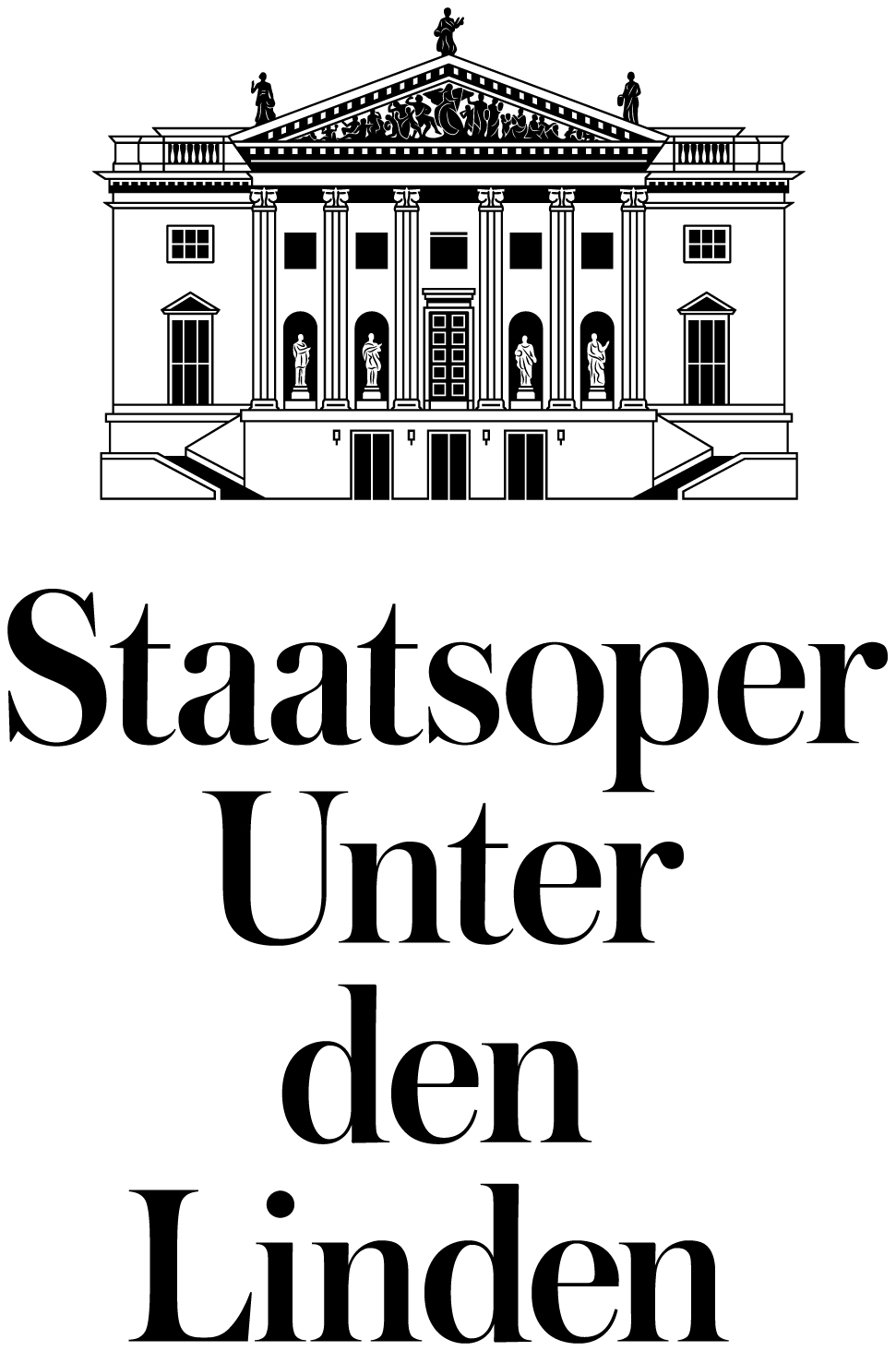Orbit – A War Series
{{ time.start_TS | TS2dateFormat('MMM') }}
{{ time.start_TS | TS2dateFormat('YYYY') }}
| 16 EUR, reduced 8 EUR |
| Trigger warning: The production deals with sexualised violence. There are moments in the work with strong strobe lighting, fog and loud music. |
| English, AI-Voice-Clones |
| Duration: 60 min 5.4.2025: Audience discussion with Brigitta Muntendorf following the performance |
| 16 years and older |
| Ground Floor, Hall 2 |
Orbit – A War Series is an extraordinary 3D audio space oratorio by composer Brigitta Muntendorf. Surrounded by loudspeakers on different levels, the audience becomes part of an acoustic universe that addresses systemic violence and its effects in an impressive way. The immersive experience is enhanced by a light choreography by Begoña Garcia Navas.
‘Orbit is a powerhouse that you can enter, that may touch you, but can also empower you,’ says Brigitta Muntendorf. There are no physical performers in this audiovisual experience – instead, we encounter the voices of women who have left their bodies behind and, as AI voice clones, circle the audience with their stories from different countries and times as ‘immortal, posthuman fighters’. These voices are based on interviews and reports from Afghanistan, Iran, the Democratic Republic of Congo, Poland, the USA and the Second World War in Asia.
The inspiration for Orbit comes from the American artist Nancy Spero, who depicted the entanglements of violence, sexuality and power in her War Series (1966-70) – a theme that is continued in Orbit in a frighteningly contemporary way. Orbit thus becomes an ‘opera of the future’ that does not take place on a stage, but entirely in the audience’s head – an opera that works above all on a new auditory level and makes the experience of voices tangible in an unprecedented way.
Composition, Artistic Direction:
Short Biography
German-Austrian composer Brigitta Muntendorf explores the fragility of our techno-social and socio-political reality, developing new concepts such as Radical Listening, Environmental Storytelling, and Immersive Theater. Her work spans instrumental settings, 3D audio productions, and transdigital music theater, often realized in artistic-scientific collaborations with d&b audio and S+T+ARTS/Ars Electronica.
Muntendorf has been recognized with prestigious awards, including the Ernst von Siemens Music Foundation’s Young Composer’s Prize and the German Music Authors’ Prize. In 2023, her Trilogy for Two Pianos received the German Record Critics’ Award. She has held artist residencies in Kyoto (Villa Kamogawa) and Paris (Cité des Arts), and her works have been featured at international music and art festivals such as Kyoto Experiment, ULTIMA Oslo, Donaueschinger Musiktage, Wiener Festwochen, Munich Biennial, Festival d’Automne Paris, and Hollandfestival.
Since 2018, Muntendorf has served as a professor of composition at the HfMT Cologne, and in 2024, she became a full member of the North-Rhine-Westphalian Academy of Sciences, Humanities, and Arts.
Moritz Lobeck studierte Musikwissenschaft, Stadtsoziologie und Psychologie an der Humboldt-Universität zu Berlin. Er arbeitete als Kurator und Kommunikationsberater in Berlin sowie als Dramaturg mit der Regisseurin Andrea Moses an den Staatsopern in Stuttgart, Berlin und Wien, unter anderem mit Dirigent*innen wie Daniel Barenboim, Sylvain Cambreling oder Ingo Metzmacher. Ab 2011 arbeitete er als Dramaturg und Leiter Marketing/Development an der Staatsoper Stuttgart in der Intendanz von Jossi Wieler, ab 2014 als Kurator bei den Wiener Festwochen in der Intendanz von Markus Hinterhäuser. Seit 2019 leitet er das internationale Festival DTZM – Dresdner Tage der zeitgenössischen Musik und ist Programmdirektor für Musik und Medien in HELLERAU – Europäisches Zentrum der Künste. Hier initiierte er 2022 das Festival HYBRID Biennale sowie zahlreiche internationale Projekte und Kooperationen, unter anderem mit der Biennale di Venezia, IRCAM Paris, ZKM Karlsruhe, Ars Electronica und MUTEK, Künstler*innen wie Chaya Czernowin, Ryōji Ikeda, Maria Hassabi, Ulf Langheinrich und Claudia Märzendorfer oder Ensembles wie Les Percussions de Strasbourg, Ensemble Modern, Zeitkratzer, Pisse und Staatskapelle Dresden. Seit 2020 arbeitet er regelmäßig mit der Künstlerin Brigitta Muntendorf zusammen. Gemeinsam konzipierten sie seitdem innovative Konzert- und Opernprojekte wie „Covered Culture“, „MELENCOLIA“ oder „ORBIT – A War Series“.
A collaboration with the Staatsoper Unter den Linden
Produced by La Biennale di Venezia and ECHO Factory
With kind support from the Kunststiftung NRW, the Goethe-Institut, and the Ernst von Siemens Music Foundation
